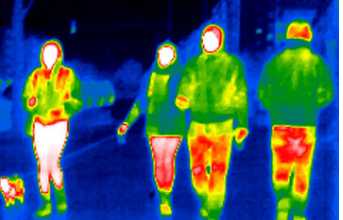“Unlocking the Secrets: Can A.I. Revolutionize Major Earthquake Prediction for Seismologists?”

Japan commenced the new year with a catastrophic event as a powerful 7.5 magnitude earthquake struck the Noto Peninsula on the country’s western edge. Following the seismic activity, numerous aftershocks, ranging between four and six in magnitude, rattled the coastal epicenter.
Earthquake
Scientists anticipate additional aftershocks in the coming days. While the Japan Meteorological Agency initially issued a major tsunami warning for much of Ishikawa prefecture, it has now downgraded it to an advisory. As of Tuesday afternoon, the confirmed death toll stands at 55.
Japan, situated above more than 2,000 active fault lines, is renowned for its susceptibility to earthquakes, prompting significant investments in disaster-resistant structures and earthq warning systems over recent decades.
A contentious area of earthqua preparedness revolves around predicting when a quake will occur—a task traditionally considered impossible by many scientists. However, advancements in artificial intelligence have sparked renewed interest in this field. Last fall, researchers at the University of Texas at Austin conducted a seven-month trial in China using an AI algorithm. Trained on five years of seismic recordings, the algorithm accurately predicted 70 percent of earthquakes one week before they occurred, within approximately 200 miles of their epicenter.
Despite missed predictions and false alarms, the trial provided a glimmer of hope, suggesting that an age-old problem might be solvable in principle. AI, through machine learning, offers possibilities for uncovering hidden patterns in seismic data and enhancing earthquake forecasting capabilities. Various research endeavors are exploring applications such as predicting aftershocks, determining earthquake magnitudes, and identifying seismic waves.
The World Meteorological Organization’s Focus Group on A.I. for Natural Disaster Management notes that between 2018 and 2021, earthquakes represented 21.8 percent of all natural disasters subjected to A.I. models for risk reduction. The growing body of research on earthquake prediction raises optimism among scientists for potential breakthroughs in the future.




